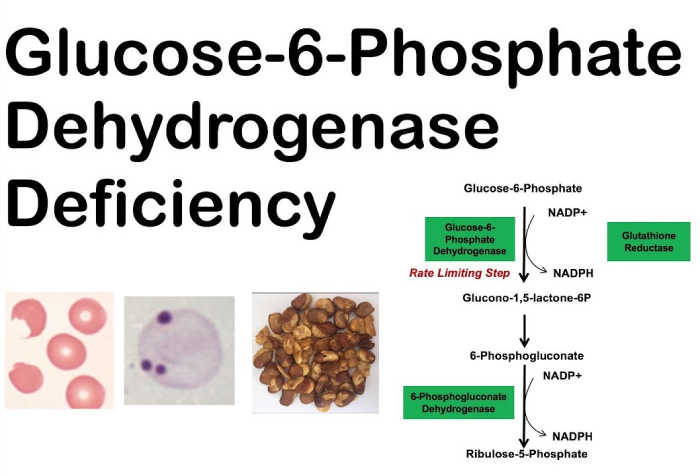FDA Grants Approval for New First-Line Option in Lung Cancer
Xcovery Holdings, Inc., a pharmaceutical company specializing in oncology, has announced that the U.S. Food and Drug Administration (FDA) has given its approval for ensartinib (marketed as Ensacove) to treat patients with anaplastic lymphoma kinase (ALK)-positive locally advanced or metastatic non-small cell lung cancer (NSCLC). This approval marks a significant step forward in providing a novel first-line treatment option for patients diagnosed with ALK-positive NSCLC.
Ensartinib is an ALK tyrosine kinase inhibitor (TKI) specifically designed to enhance outcomes for patients with ALK-positive NSCLC. The FDA’s approval is based on results from the global Phase III eXalt3 clinical trial, which demonstrated that ensartinib provided statistically significant improvements in progression-free survival (PFS) compared to crizotinib, an existing treatment option.
Giovanni Selvaggi, Chief Medical Officer of Xcovery, expressed enthusiasm about the approval, stating, “The FDA’s approval of Ensartinib introduces another new medication for patients fighting ALK-positive NSCLC, broadening the options available to optimize treatment in the first-line setting. This achievement is the result of dedicated efforts from our team members and the invaluable support of patients, physicians, and all stakeholders involved in Ensartinib’s clinical development.”
Kevin Sang, CEO of Xcovery, emphasized the significance of this approval in advancing the company’s mission, saying, “The FDA approval of Ensartinib represents a crucial milestone in Xcovery’s commitment to furthering precision medicine for cancer patients. Beyond Ensartinib, we are continuing our efforts to develop additional targeted drugs in our pipeline for patients worldwide.”
Commentary by YourDailyFit columnist Alice Winters:

The recent FDA approval of ensartinib (Ensacove) for ALK-positive non-small cell lung cancer (NSCLC) marks a significant advancement in the field of targeted cancer therapies. This development deserves a closer examination to understand its implications for patients, healthcare providers, and the broader landscape of oncology treatments.
First and foremost, the approval of ensartinib expands the arsenal of treatment options available for patients with ALK-positive NSCLC. This is crucial because it provides oncologists with more tools to tailor treatment plans to individual patient needs. The drug’s demonstrated superiority over crizotinib in terms of progression-free survival is particularly noteworthy, as it suggests potential for improved patient outcomes.
However, it’s important to consider this approval in the context of existing ALK inhibitors. While ensartinib represents a new option, it enters a market where several other ALK inhibitors are already available, including alectinib, brigatinib, and lorlatinib. Each of these drugs has its own efficacy and side effect profile, and the introduction of ensartinib will likely prompt comparative studies to determine its place in the treatment algorithm.
The development of ensartinib also underscores the ongoing trend towards precision medicine in oncology. By targeting the specific ALK mutation, this drug exemplifies the shift away from one-size-fits-all chemotherapy approaches towards more tailored treatments. This trend is likely to continue, with future drug development focusing on ever more specific molecular targets.
From a market perspective, the approval of ensartinib introduces new competition into the ALK inhibitor space. This could potentially lead to pricing pressures and may ultimately benefit patients by making treatments more accessible. However, the high cost of targeted therapies remains a significant concern, and it will be important to monitor how ensartinib is priced relative to existing options.
The success of ensartinib in clinical trials also raises questions about the potential for resistance development, a common challenge with targeted therapies. As with other ALK inhibitors, it will be crucial to monitor long-term efficacy data and to study mechanisms of resistance that may emerge over time.
Lastly, while the approval of ensartinib is undoubtedly positive news for patients with ALK-positive NSCLC, it’s important to remember that this represents a relatively small subset of lung cancer patients. Continued research into other molecular drivers of lung cancer, as well as into immunotherapies and combination approaches, remains crucial for improving outcomes across the broader spectrum of lung cancer patients.
In conclusion, the FDA approval of ensartinib represents a valuable addition to the treatment landscape for ALK-positive NSCLC. While its long-term impact remains to be seen, it offers new hope for patients and underscores the ongoing progress in the field of targeted cancer therapies. As with any new treatment, careful post-market surveillance will be essential to fully understand its real-world efficacy and safety profile.



